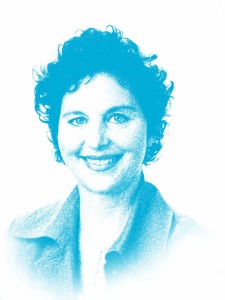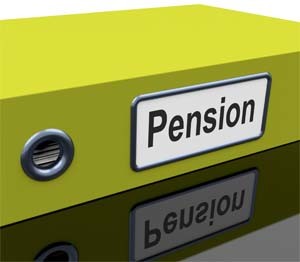Recently Women’s Financial Learning Centre and Money Coaches Canada co-founder Karin Mizgala sat down with Money Coach Noel D’Souza to discuss the changing landscape of financial advice in Canada.

MCC & WFLC co-founder Karin Mizgala
Karin: As someone in the financial industry, it’s very common to be asked by people outside the industry, to explain the different fee structures of financial advice. So, Noel, let’s start with an overview of the common compensation models available to Canadians today.
Noel: The most prevalent model we see in the industry is the commission-based advice model, where an advisor sells products, typically mutual funds or some other investment product, they may also sell insurance, and they receive a sales commission for making the sale and also quite likely receive a trailing commission which is supposed to cover on-going advice and services. Usually the client never sees the commission fees, and we’ll be discussing how that may change in the future, but usually those fees are hidden within the cost structure of the product they are buying.
The second type is fee-based. An advisor will charge the client fees based on the size of the assets under management, a percentage of the total portfolio.
The third model, which is up and coming, is the model we work under; fee-for-service. Clients pay a fee directly and explicitly to the advisor for services rendered and it’s not tied to product sales, or size of assets, in any way.
Karin: So that will sound pretty straight forward to most people, why does it become murky, what are the implications for someone seeking financial advice? What are the benefits and shortcomings of each model? Continue reading →





 Question from Derrick Alstein, Port Elgin, age 60:
Question from Derrick Alstein, Port Elgin, age 60:


